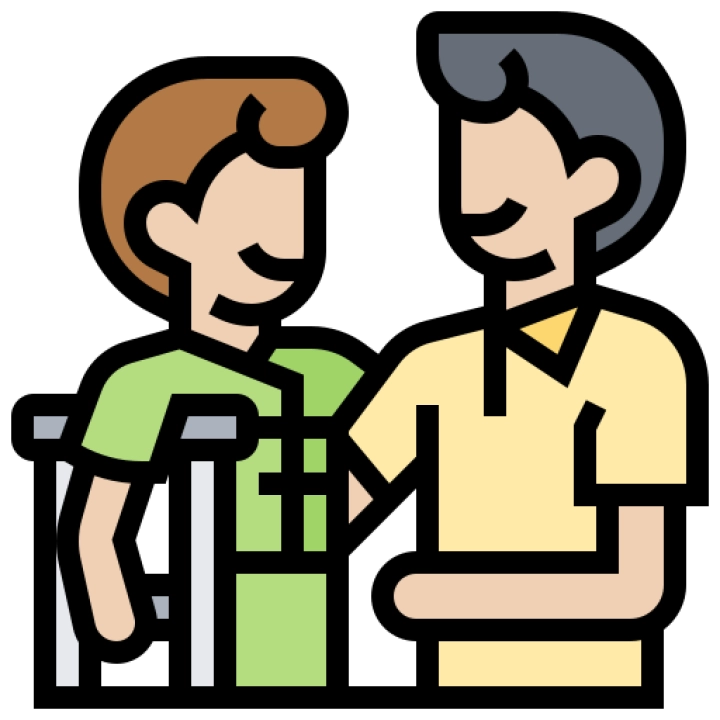College: Health Sciences
Occupational therapy focuses on helping individuals develop, restore, and maintain skills necessary for daily life and work. Students learn how to assess and treat physical, mental, and cognitive disabilities to improve patients' quality of life. Graduates work in hospitals, clinics, rehabilitation centers, schools, and community institutions.
Learning Objectives:
- Understand the fundamentals of occupational therapy and rehabilitation.
- Develop skills in evaluating and treating disabilities.
- Learn techniques for creating and implementing therapeutic interventions.
- Explore principles of human development, professional sciences, and therapeutic activities.
- Analyze and interpret patient data and therapeutic outcomes.
- Develop critical thinking, problem-solving, and clinical skills.
Main Outline:
- Introduction to Occupational Therapy - An overview of key concepts and practices in occupational therapy.
- Assessment in Occupational Therapy - Principles and techniques for conducting comprehensive patient assessments.
- Therapeutic Interventions - Principles and techniques for planning and executing effective therapeutic activities.
- Physical Rehabilitation - Principles and techniques for treating physical disabilities and enhancing functional abilities.
- Mental Health in Occupational Therapy - Principles and techniques for addressing mental health issues and enhancing psychological well-being.
- Cognitive Rehabilitation - Principles and techniques for treating cognitive disabilities and enhancing cognitive capabilities.
- Occupational Therapy for Children - Principles and techniques for treating children with developmental delays and health conditions.
- Clinical Practical Training - Real-world experience in occupational therapy environments.
- Graduation Project - A comprehensive project applying skills in assessment, therapeutic interventions, or physical rehabilitation.
Assessment Methods:
Evaluation plans, therapeutic intervention projects, rehabilitation studies, mental health analyses, cognitive rehabilitation plans, pediatric studies, clinical practical training reports, graduation projects, group projects, and presentations.
Recommended Textbooks:
- "Occupational Therapy: Principles and Practice" by various authors.
- "Assessment in Occupational Therapy" by various authors.
- "Therapeutic Interventions in Occupational Therapy" by various authors.
- "Physical Rehabilitation" by various authors.
- "Mental Health in Occupational Therapy" by various authors.
- "Cognitive Rehabilitation" by various authors.
- "Occupational Therapy for Children" by various authors.
Prerequisites:
Basic knowledge of anatomy, physiology, and psychology, with an interest in rehabilitation.
Duration:
The typical duration for a bachelor's degree is 4-5 years. For advanced practice, a master's degree is often required, taking an additional 2-3 years.
Certification:
Graduates can obtain certifications from organizations such as the National Board for Certification in Occupational Therapy (NBCOT).
Target Audience:
Aspiring occupational therapists, rehabilitation specialists, and healthcare professionals seeking to work in various healthcare and rehabilitation settings. This specialty equips students with the clinical, diagnostic, and therapeutic skills needed to excel in occupational therapy, supporting careers in diverse healthcare environments.





